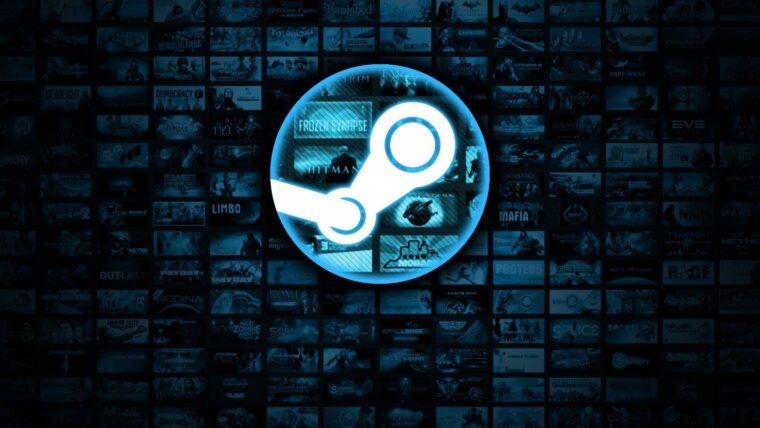Do you think that you own the games you purchased online? Ongoing debates showed that you are not. A move confirming this came from Steam.
The ownership of digital purchases on platforms like Steam has long been ambiguous, with users often accumulating extensive libraries without genuine ownership. In response to this confusion, Valve has revised its purchase notifications to clarify that buyers are obtaining a license for a product rather than the product itself. This change coincides with California’s upcoming law, AB 2426, set to take effect in 2025, which prohibits online retailers from using terms like “buy” or “purchase” to imply full ownership of digital goods.
This law establishes clearer guidelines about the nature of digital purchases, emphasizing that users are granted only access to a license for their games. Valve’s updated language now states, “A purchase of a digital product grants a license for the product on Steam,” reflecting the existing understanding but enhancing consumer transparency. This clarification is especially pertinent given concerns about the potential shutdown of platforms, which would result in the loss of access to purchased licenses. Unlike Steam, platforms like GOG have assured users that their purchased licenses will remain intact even if the platform ceases to operate.
This update comes in light of ongoing discussions about the fate of digital games, including movements like Stop Killing Games, which has addressed the removal of titles such as Ubisoft‘s The Crew. As the industry evolves, digital storefronts are becoming increasingly aware of the importance of clear communication regarding ownership and access rights.

